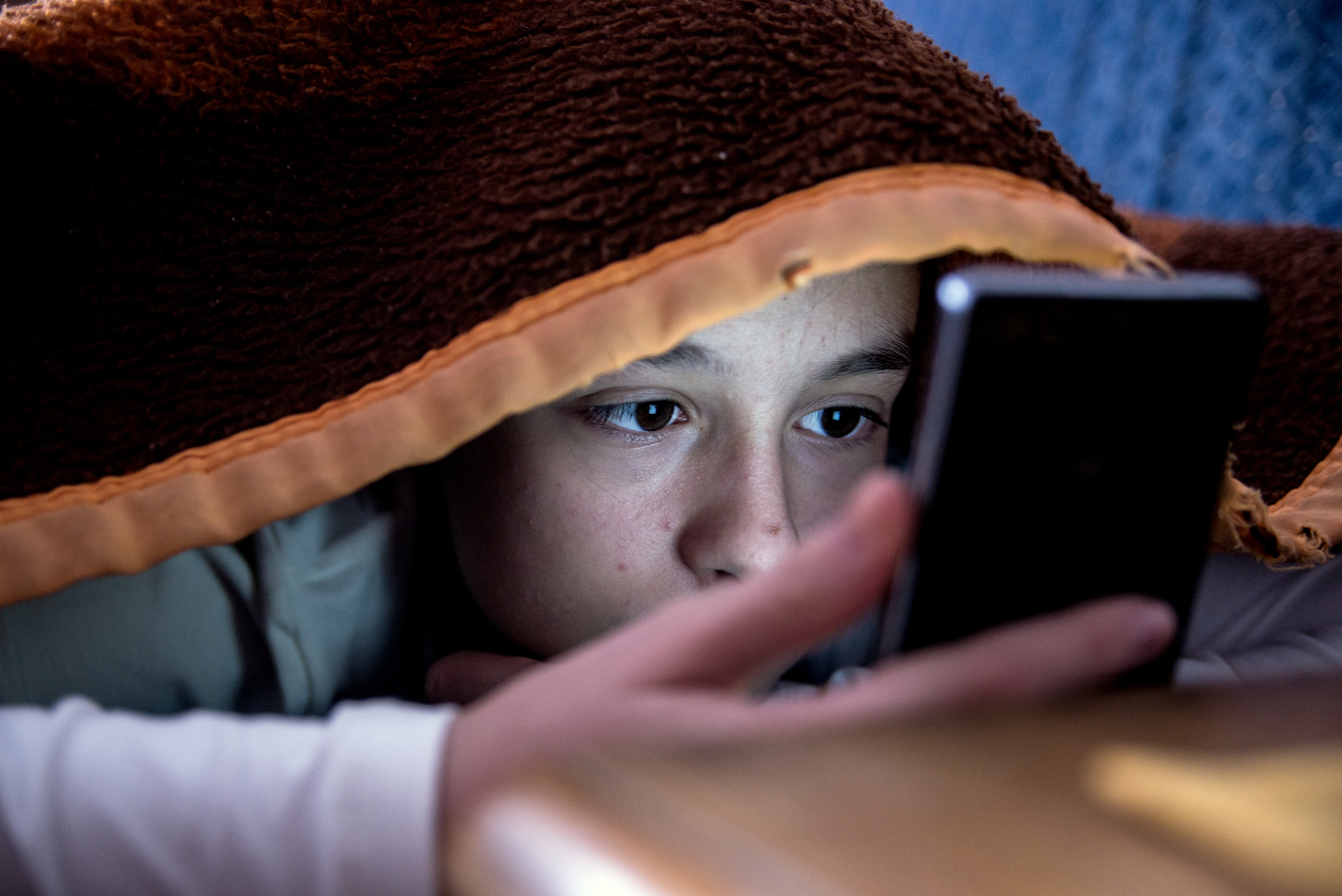
Updated April 12, 2023
We tell our kids to look both ways before crossing the street and to never take candy from strangers, but then we put a device in their hand and allow them to roam virtually unfettered all over the internet—for hours on end. For a lot of kids, that means an increased risk of mental and physical health problems, from ADHD and depression to addiction, headaches and eye strain.
For years research has shown that frequent internet usage can have negative affects on the adolescent brain. A study presented at the Radiological Society of North America (RSNA) in November 2017, concluded that smartphone addiction can cause chemical imbalances in the brain of children and lead to significantly higher scores in impulsivity, insomnia severity, anxiety, and depression.
Researchers have found strong correlations between the amount of time kids spend in front of a screen and the likelihood of their developing ADHD. For kids who already have an ADHD diagnosis, excessive screentime can exacerbate their symptoms.
Another study found that generalized internet addiction among children and teens also leads to poor self-esteem, loneliness, decreased life satisfaction, social anxiety, and lack of connection. These young people whose brains are still developing are being hardwired to be less social, less interactive, and they are experiencing numerous associates psychological disorders because of it.
This call to curb internet and gadget addiction in children has been met with some interest but a little pushback as well. The average teenager in the United States receives their first smartphone at around 10 years old and spends more than 4.5 hours each day on social media, gaming, and other internet based activities. Now major players in child welfare, such as Common Sense Media’s CEO James Steyer, are supporting the movement, citing cellphones as a public health concern, especially among children and teens.
By the time a child is 3 years old, they have formed 1,000 trillion neuron connections. Many of the life skills a child will need and use throughout their lifetime are at peak brain development from birth to around 4 or 5 years of age. This includes emotional control (peaks at around 1), social skills (peaks at around 2-3), and habitual responses (peaks at around 1). Think about that next time you see a young child tapping at a screen.







